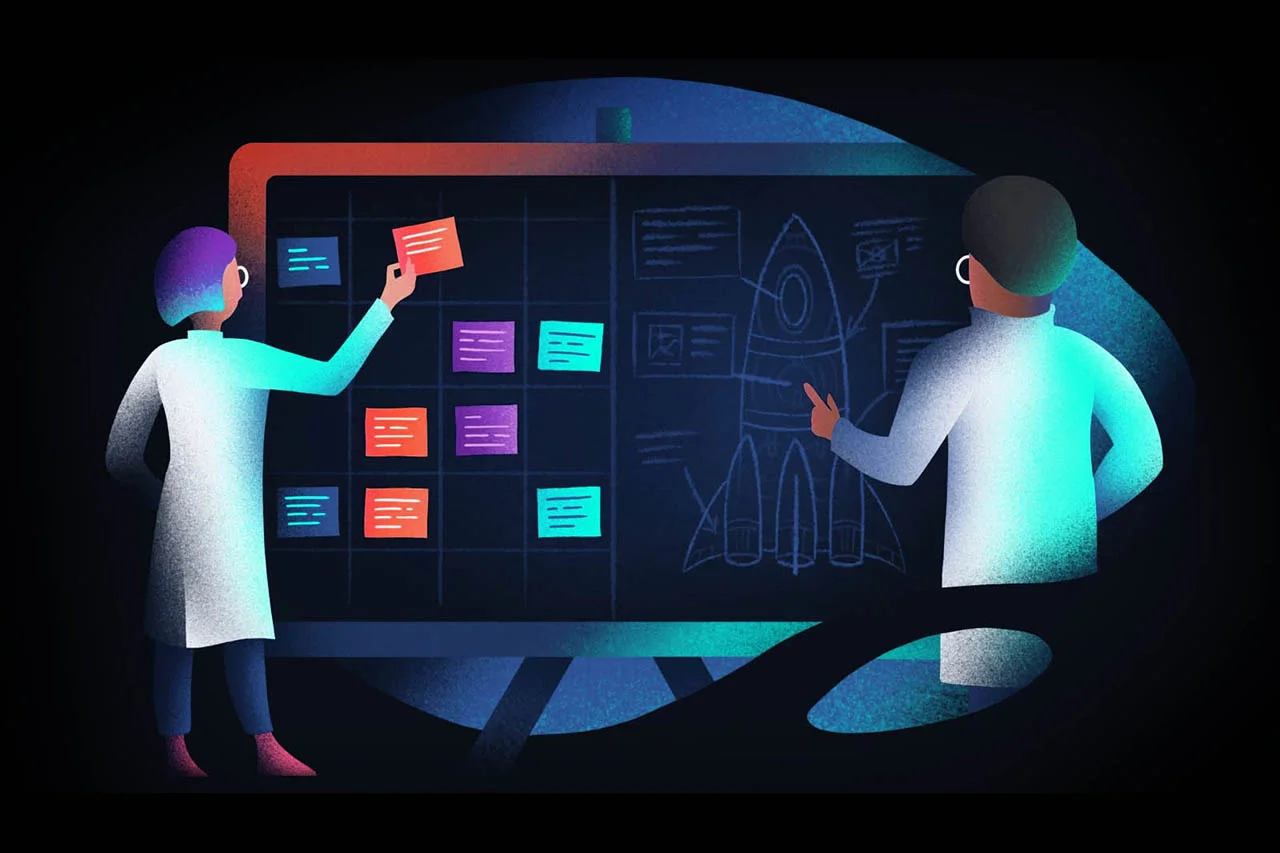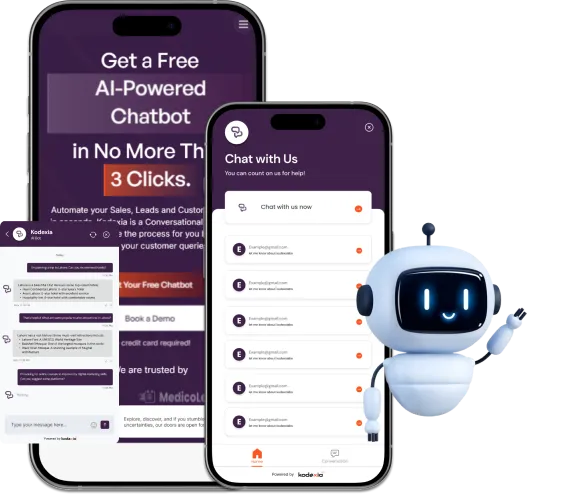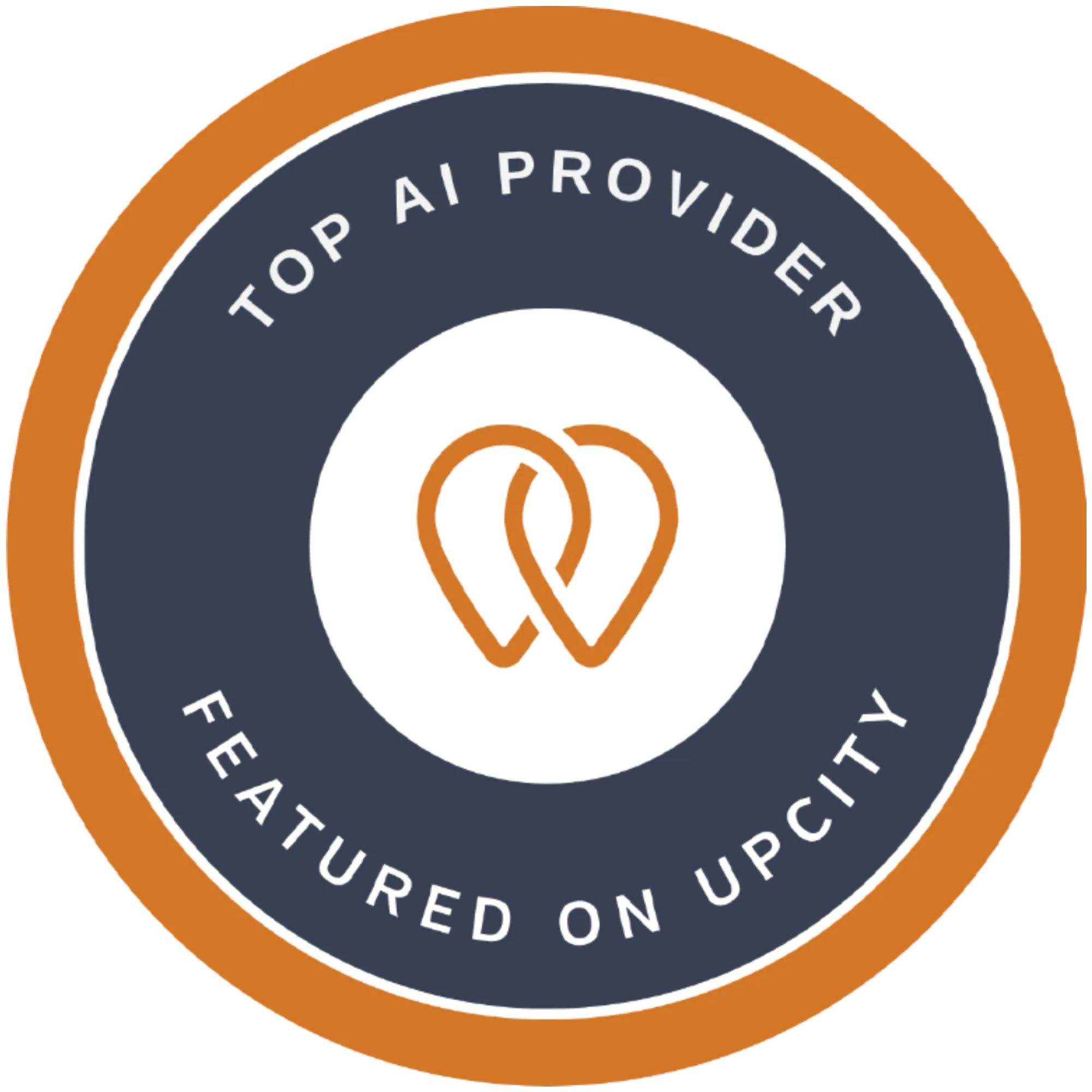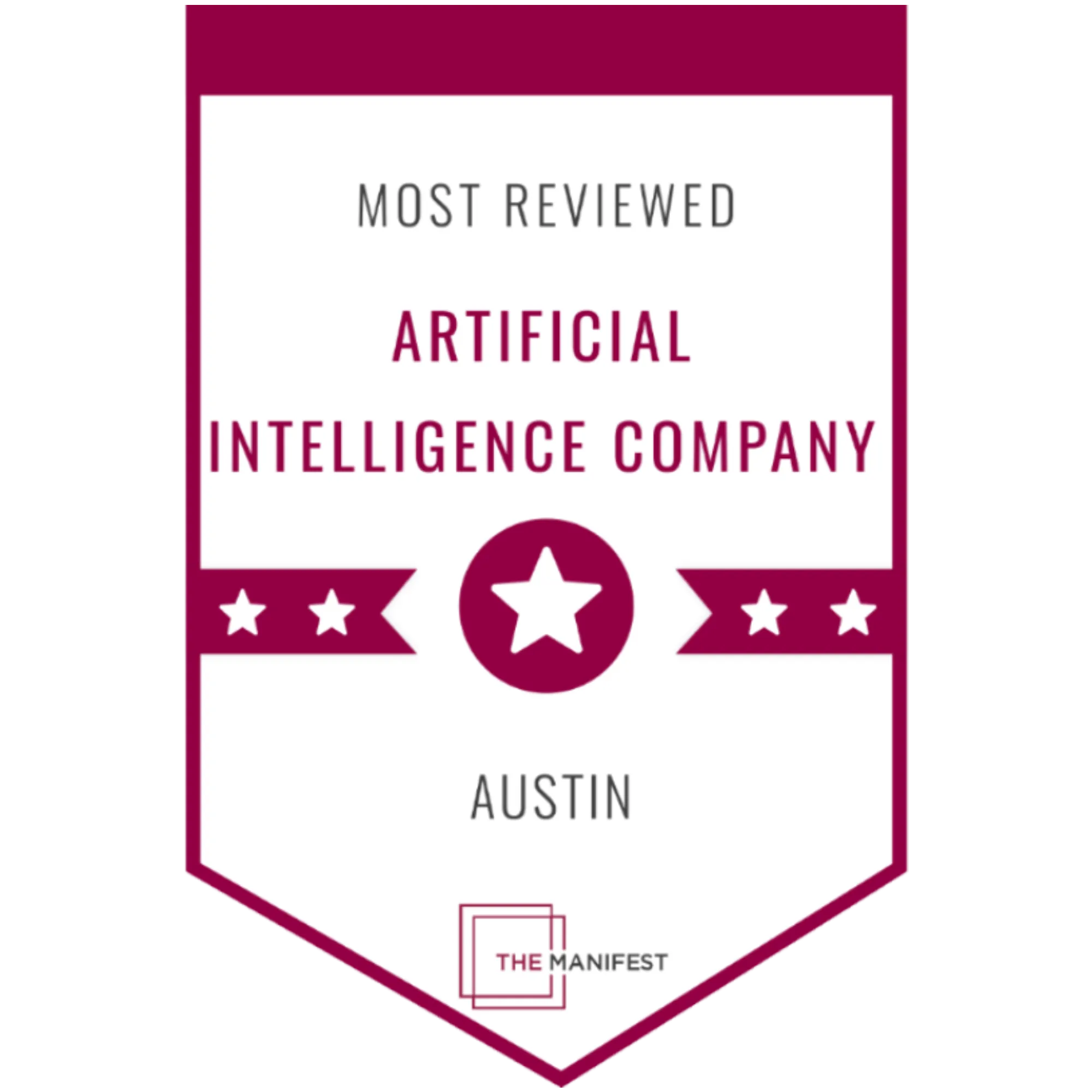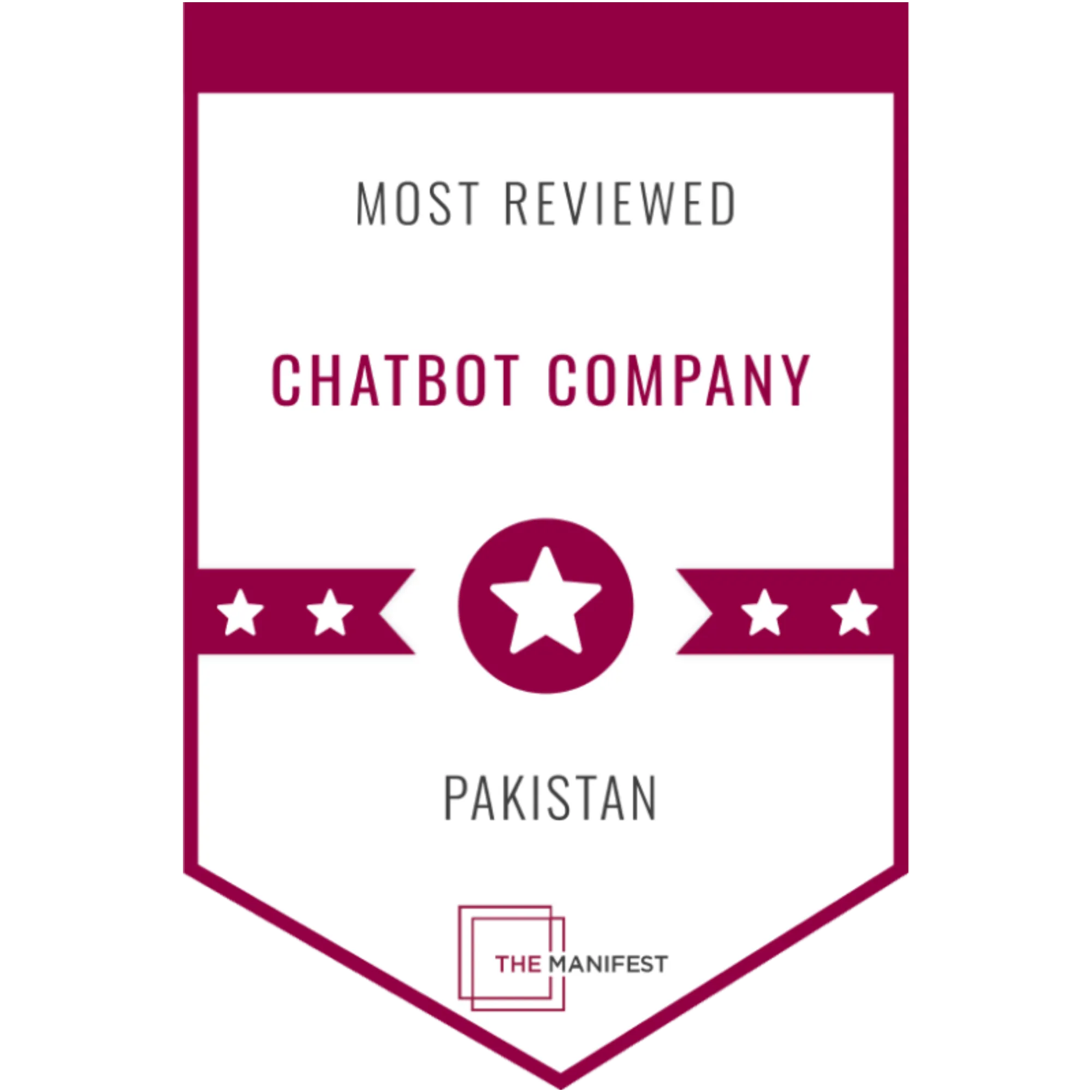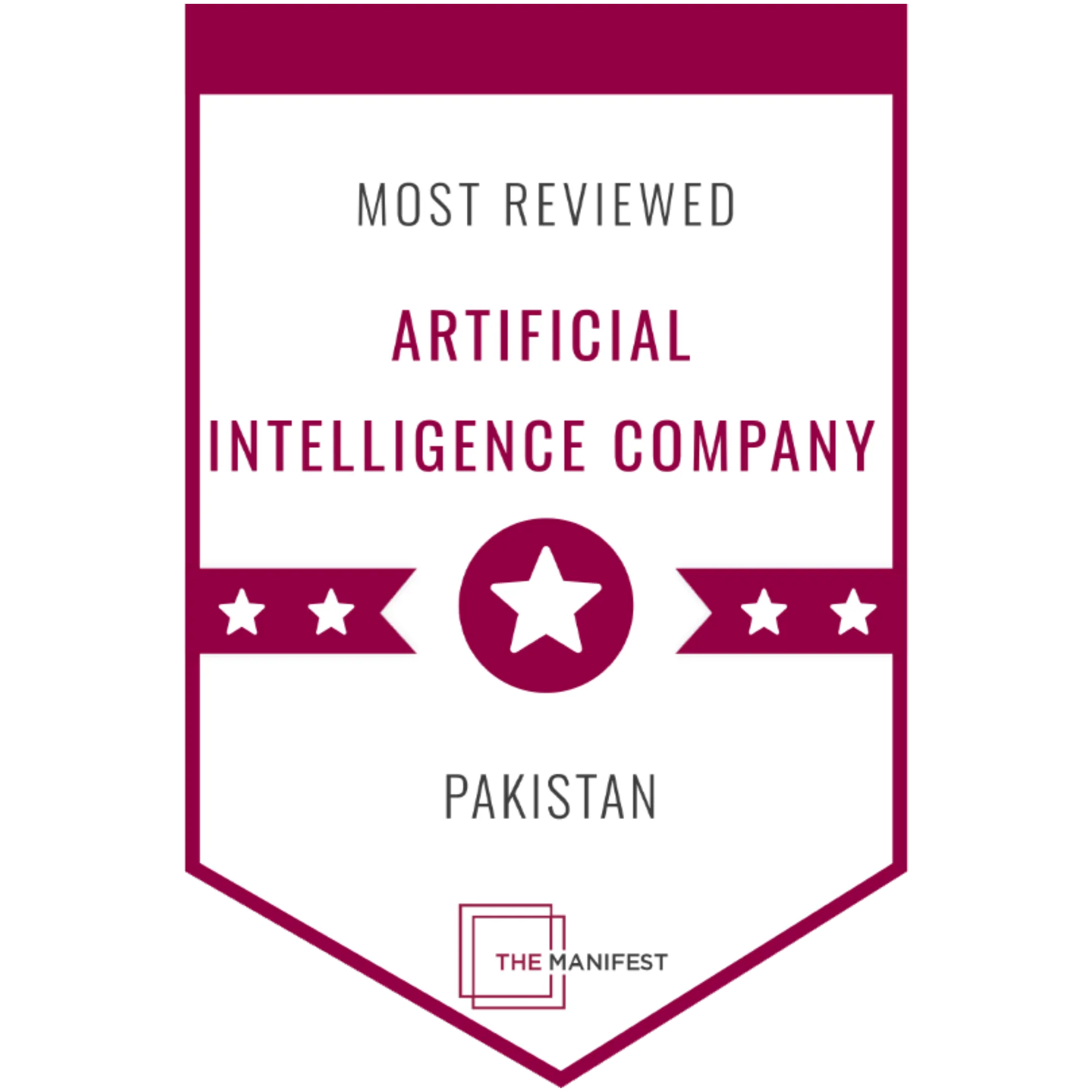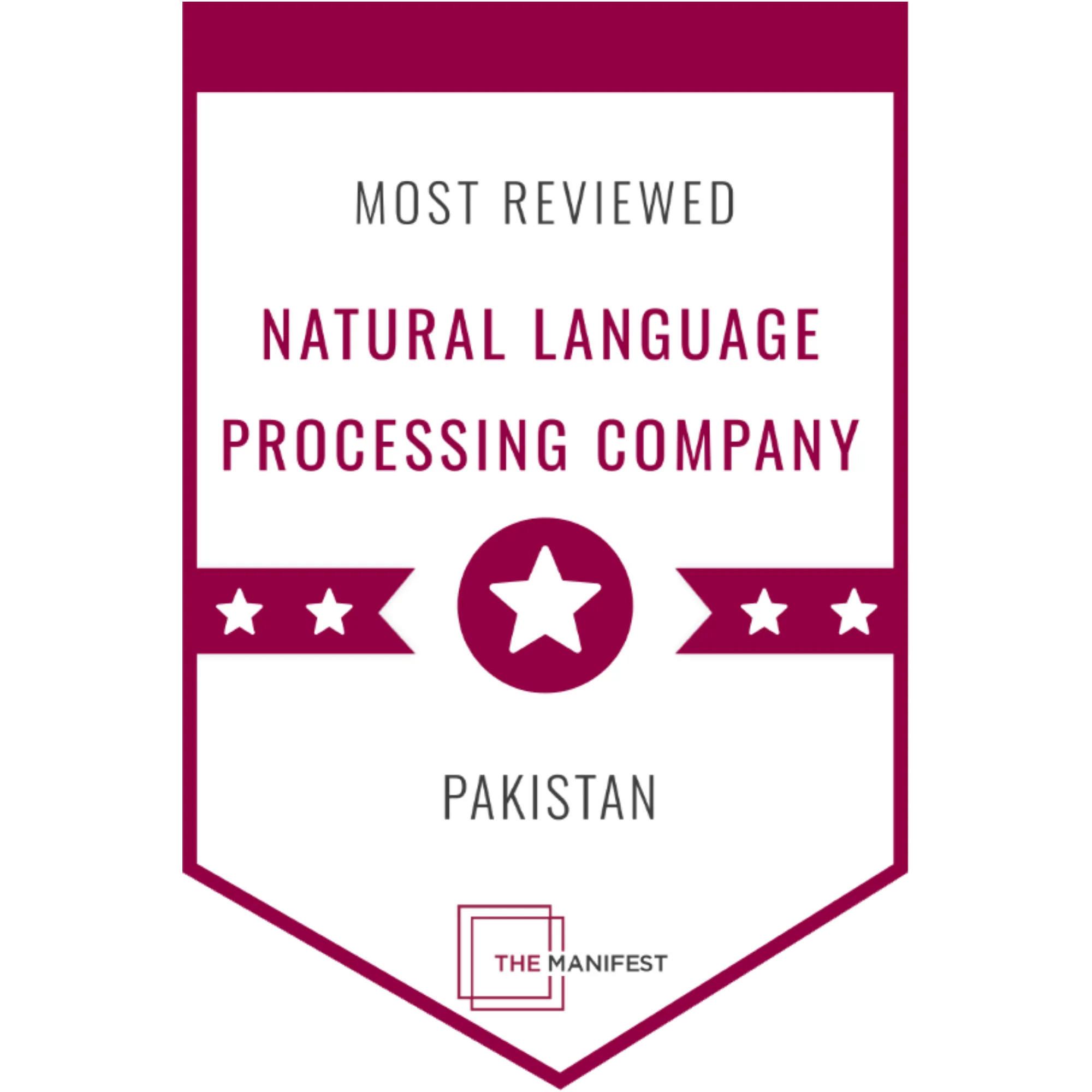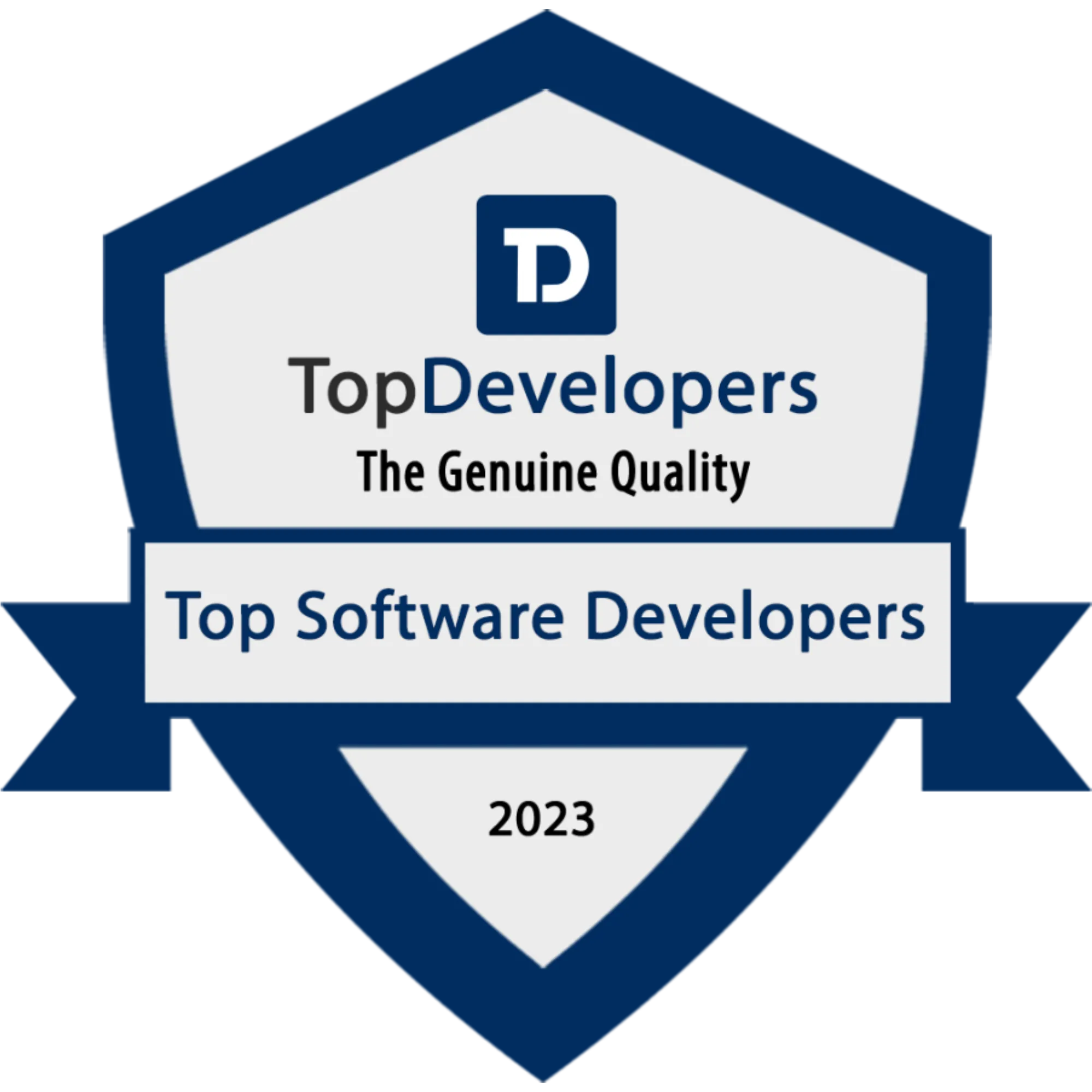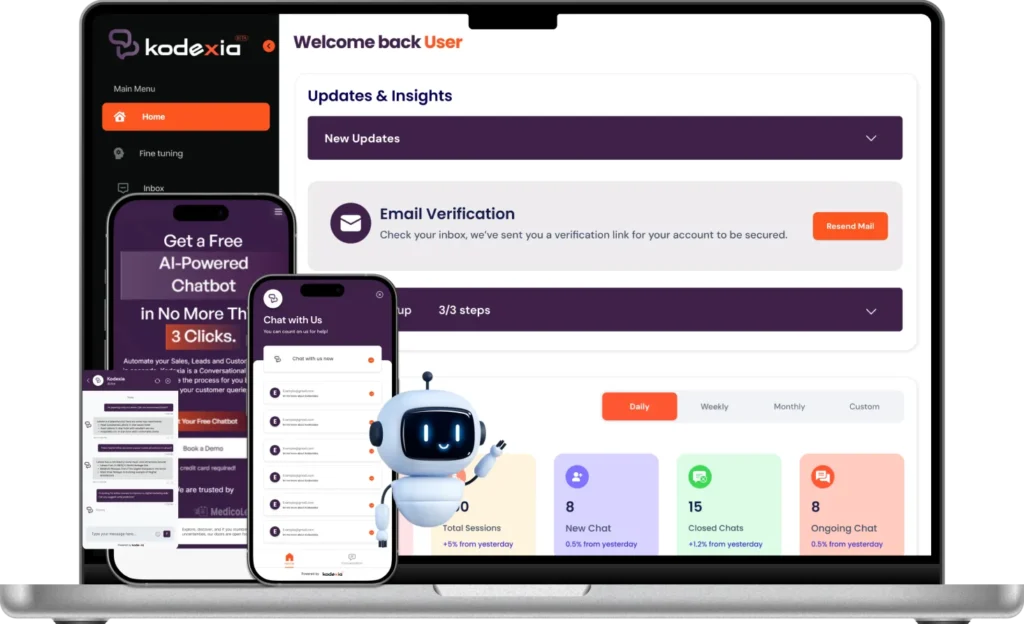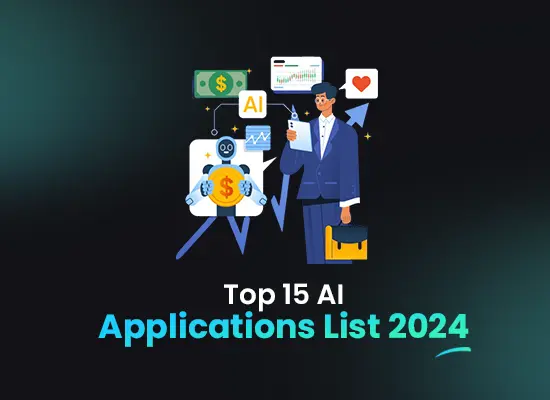
Contents
Artificial Intelligence (AI) is no longer a futuristic concept but a tangible reality reshaping industries and our daily lives. From healthcare to finance, entertainment to transportation, AI-powered applications are revolutionising how we work, interact, and consume information. This article delves into the top 15 AI applications making significant strides in 2024, highlighting their impact and potential for future growth.
Why Do We need Artificial Intelligence (AI) Today?
Artificial Intelligence (AI) has become an indispensable part of modern society, transforming industries and daily life in ways that were unimaginable just a few decades ago. The importance of AI today cannot be overstated, as it underpins a vast array of technological advancements and industrial transformations. The growth of artificial intelligence applications is a testament to its necessity in today’s world. From healthcare to finance, manufacturing to education, the best AI applications are driving innovation, efficiency, and new opportunities at an unprecedented pace. As businesses and industries continue to evolve, the integration of AI industrial applications is not just a trend but a critical necessity for staying competitive in a rapidly changing global landscape.
The rise of artificial intelligence applications has revolutionised various sectors by automating processes, enhancing decision-making, and unlocking new potential for innovation. In healthcare, for instance, AI-driven diagnostic tools can analyse medical images with greater accuracy than human doctors, reducing error rates and improving patient outcomes by up to 20%. Meanwhile, in the financial industry, AI and Machine Learning development are used to detect fraudulent transactions, analyse market trends, and provide personalised financial advice, all of which are crucial in today’s digital economy. The best AI applications in these fields not only streamline operations but also provide insights that were previously unattainable, driving forward the next generation of technological advancements.
In the realm of industry, AI industrial applications are transforming manufacturing, logistics, and supply chain management. AI-powered robots and predictive maintenance systems are helping manufacturers increase efficiency and reduce downtime by as much as 30% (According to IBM Watson).
These systems can predict equipment failures before they happen, optimise production schedules, and even improve product quality through advanced analytics. The implementation of artificial intelligence applications in these areas is not merely a convenience but a necessity for companies looking to maintain a competitive edge in the global market. As AI continues to evolve, the range and capability of AI industrial applications will only expand, leading to even greater efficiencies and innovations.
Moreover, the best AI applications are driving significant advancements in areas such as customer service, where AI chatbot development and virtual assistants are improving user experiences by providing instant, personalised responses. This not only enhances customer satisfaction but also reduces operational costs for businesses. In education, AI is being used to create personalised learning experiences, adapting to the needs of each student and improving educational outcomes by up to 50% in some cases (According to Google Cloud AI).
These artificial intelligence applications are reshaping the way we interact with technology and are setting the stage for future innovations that will continue to improve our lives in countless ways.
The necessity of AI today is further underscored by its role in addressing global challenges such as climate change, energy management, and sustainable development. AI industrial applications in energy sectors are optimising power grids, reducing emissions, and improving the efficiency of renewable energy sources. AI-driven models can predict weather patterns, optimise energy consumption, and even suggest the best strategies for mitigating the impacts of climate change. The best AI applications in these fields are not just improving efficiency but are also crucial for the sustainable future of our planet.
In conclusion, the need for AI today is driven by its vast potential to revolutionise industries, improve efficiencies, and solve complex problems that were previously insurmountable. The proliferation of artificial intelligence applications across various sectors is a clear indicator of its critical importance in today’s world. From AI industrial applications that transform manufacturing and logistics to the best AI applications that enhance healthcare, finance, and beyond, AI is not just an option but a necessity for progress in the 21st century. As we look to the future, the role of AI will only become more integral, driving innovation and ensuring that we are prepared to meet the challenges of tomorrow.
Boost your to the next level with AI-Based Integration

List of AI Industrial Applications:
In the rapidly evolving world of technology, artificial intelligence applications are transforming various industries at an unprecedented rate. The best AI applications are those that not only showcase the capabilities of artificial intelligence but also drive efficiency, innovation, and productivity across sectors. As AI continues to advance, the list of AI applications for industries keeps growing, offering solutions that range from predictive maintenance in manufacturing to smart supply chain management and beyond. In this article, we will explore 12 of the most impactful AI applications for industries, each representing the forefront of technological innovation.

1- Predictive Maintenance:
Predictive maintenance is one of the most effective AI applications for industries, leveraging machine learning algorithms to predict when equipment is likely to fail. Predictive maintenance can reduce maintenance costs by 20% and increase equipment uptime by up to 30%.
2- Quality Control:
AI-driven quality control systems use image recognition and machine learning to identify defects in products at a much higher accuracy than human inspectors. Companies using AI for quality control report a 90% reduction in defect rates.
3- Supply Chain Optimization:
AI applications in supply chain management optimise logistics, inventory management, and demand forecasting, leading to more efficient operations. AI can improve supply chain efficiency by up to 15%.
4- Robotic Process Automation (RPA):
RPA uses AI to automate routine and repetitive tasks, freeing up human workers for more complex activities. RPA adoption can lead to a 50-70% reduction in labour costs.
5- Smart Energy Management:
AI applications in energy management help in optimising energy consumption, predicting demand, and integrating renewable energy. Smart energy management can reduce energy costs by up to 20%.
6- Human Resources Management:
AI is revolutionising HR by automating recruitment processes, enhancing employee engagement, and improving talent management. AI-driven HR systems can reduce recruitment costs by up to 30%.
7- Autonomous Vehicles:
Autonomous vehicles represent one of the most advanced AI applications for industries, using a combination of sensors, machine learning, and real-time data processing to navigate and make decisions. The autonomous vehicle market is expected to grow by 40% annually through 2030.
8- Cybersecurity:
AI applications in cybersecurity are essential for detecting and responding to threats in real-time, protecting critical infrastructure. AI can reduce cybersecurity breaches by up to 50%.
9- Healthcare Diagnostics:
AI in healthcare diagnostics enables faster and more accurate identification of diseases, improving patient outcomes. AI-driven diagnostics can improve diagnostic accuracy by 25%.
10- Financial Forecasting:
AI applications in finance are critical for predicting market trends, managing risks, and optimising investment strategies. AI can improve financial forecasting accuracy by up to 20%.
11- Smart Manufacturing:
AI-powered manufacturing systems optimise production processes, reduce waste, and enhance product customization. Smart manufacturing can increase production efficiency by 30%.
12- Customer Service Chatbots:
AI-driven chatbots are increasingly being used to provide 24/7 customer support, resolving queries faster and more accurately. Chatbots can handle 80% of routine customer inquiries without human intervention.
Top 15 Artificial Intelligence Applications:
Artificial intelligence (AI) is revolutionising industries across the globe, providing innovative solutions that drive efficiency, enhance decision-making, and unlock new opportunities. Among the vast array of artificial intelligence applications, open-source AI applications stand out for their accessibility, flexibility, and ability to foster collaboration. These AI applications for industries offer businesses, researchers, and developers the tools they need to stay competitive in an increasingly AI-driven world. In this article, we explore the top 15 open-source artificial intelligence applications that are making significant impacts across various sectors. These best AI applications are shaping the future of technology and industry, offering cutting-edge capabilities without the limitations of proprietary software.
1- SmartHistory AI:

SmartHistory AI is an innovative, AI-driven tool specifically designed for the medical and legal sectors. As one of the best AI applications for these fields, it streamlines the collection, management, and utilisation of records through AI-powered adaptive interviews. These interviews ensure comprehensive data collection, supporting AI applications for industries that require high accuracy in data-driven decision-making. Smart History AI’s multilingual support and voice-based interviewing feature further enhance its usability, making it a standout among AI-driven solutions in its industry.
2- Teacher AI:

Teacher AI is a cutting-edge AI-powered language learning platform that provides personalised, interactive, and immersive learning experiences. Unlike traditional AI applications, Teacher AI excels in its ability to offer real-time feedback on pronunciation and fluency through advanced voice recognition technology. It is one of the best AI applications for language education, supporting multiple languages and tailoring lessons to individual learners’ needs. This makes it a valuable tool in AI applications for industries focused on education and language acquisition.
3- TensorFlow:

One of the most popular artificial intelligence applications, TensorFlow is an open-source platform for machine learning. Developed by Google, TensorFlow supports deep learning, neural networks, and other AI models, making it a go-to tool for AI applications for industries. TensorFlow is widely used in various industries, from healthcare to finance, due to its robustness and scalability.
4- PyTorch:

PyTorch is another leading open-source AI framework, developed by Facebook’s AI Research lab. Known for its ease of use and flexibility, PyTorch is ideal for both academic research and commercial AI applications for industries. PyTorch’s dynamic computation graph and strong community support make it one of the best AI applications for rapid development and experimentation.
5- Keras:

Keras is a user-friendly open-source neural network library that runs on top of TensorFlow. It is designed to enable fast experimentation with deep learning models. Keras is particularly popular among beginners and experts alike for developing AI applications for industries due to its simplicity and modularity.
6- Apache Mahout:

Apache Mahout is an open-source project designed to create scalable Machine Learning development. It is particularly suited for AI applications for industries that require large-scale data processing. Mahout’s focus on collaborative filtering, clustering, and classification makes it one of the best AI applications for big data analytics.
7- H2O.ai:

H2O.ai is an open-source AI platform that specialises in machine learning and predictive analytics. It is widely used in industries such as finance, healthcare, and retail for AI applications for industries like fraud detection, customer churn prediction, and more. H2O.ai is known for its scalability and ability to handle large datasets efficiently.
8- OpenAI GPT:

OpenAI’s Generative Pre-trained Transformer (GPT) is a powerful open-source language model. It has been used in various AI applications for industries, including chatbots, content creation, and automated customer service. GPT’s ability to generate human-like text makes it one of the best AI applications for Natural Language Processing (NLP).
9- Scikit-learn:

Scikit-learn is a robust open-source library for machine learning in Python. It features various algorithms for classification, regression, clustering, and dimensionality reduction, making it indispensable for AI applications for industries. Scikit-learn’s ease of use and integration with other Python libraries have made it one of the best AI applications for data science.
10- IBM Watson:

IBM Watson is an AI system that combines advanced natural language processing, machine learning, and information retrieval. It is an essential tool for AI applications for industries in healthcare, finance, and customer service. As one of the best AI applications, Watson provides businesses with insights and analytics that drive better decision-making.
11- Caffe:

Caffe is an open-source deep learning framework that excels in speed and modularity. Developed by the Berkeley Vision and Learning Center (BVLC), it is widely used for AI applications for industries in computer vision, particularly in image classification and convolutional neural networks (CNNs).
12- RapidMiner:

RapidMiner is an open-source data science platform that offers advanced analytics through machine learning and predictive modelling. It is frequently used in AI applications for industries such as market analysis, risk management, and customer segmentation, making it one of the best AI applications for businesses.
13- Apache Spark MLlib:

Apache Spark’s MLlib is an open-source Machine Learning Operations (MLOps) library that is integrated with Spark’s processing engine. It is designed for scalable AI applications for industries that require large-scale data processing, such as predictive analytics and machine learning at the enterprise level.
14- Orange:

Orange is an open-source data visualisation and analysis tool, which provides interactive workflows for machine learning. It is particularly popular in educational settings and small-scale AI applications for industries, offering a user-friendly interface for data analysis.
15- Gensim:

Gensim is an open-source library for unsupervised topic modelling and natural language processing. It is widely used in AI applications for industries for text mining, document similarity detection, and semantic analysis, making it one of the best AI applications for NLP tasks.
The best AI applications in the open-source domain are driving significant advancements in various industries. These artificial intelligence applications offer unmatched flexibility, scalability, and community support, making them invaluable tools for AI applications for industries. As these AI applications continue to evolve, their impact on industries will only grow, solidifying their place as essential components of the modern technological landscape.
Anticipated Growth by AI Industrial Applications:
The anticipated growth of artificial intelligence applications in industrial sectors is a topic of significant interest and importance. As industries continue to evolve and adapt to modern technological advancements, AI industrial applications have become a driving force in enhancing efficiency, productivity, and innovation. The integration of artificial intelligence applications into various industrial processes is expected to accelerate, with projections indicating substantial growth across multiple sectors. According to a report by McKinsey, the global AI market is anticipated to contribute an additional $13 trillion to the global economy by 2030, a clear indication of the transformative potential of AI applications for industries.
One of the key areas where artificial intelligence applications are expected to see significant growth is in manufacturing. AI industrial applications in manufacturing are revolutionizing production lines, supply chain management, and quality control. For instance, AI-powered predictive maintenance systems can analyze data from machinery to predict when maintenance is needed, thereby reducing downtime and saving costs. The adoption of AI applications for industries in manufacturing is expected to increase by 40% by 2025, as industries recognize the value of AI in driving operational efficiency and reducing costs (According to McKinsey Report).
Another area poised for growth is the use of artificial intelligence applications in logistics and supply chain management. AI applications for industries in this domain are transforming how goods are tracked, managed, and delivered. For example, AI-driven algorithms can optimise routes for delivery trucks, reducing fuel consumption and improving delivery times. Additionally, best AI applications for inventory management are helping businesses maintain optimal stock levels, thereby minimising wastage and maximising efficiency. The logistics sector is expected to see a 45% increase in the adoption of AI applications for industries by 2027, driven by the need for more efficient and reliable supply chain operations.
The healthcare industry is also experiencing a surge in artificial intelligence applications. AI applications for industries in healthcare are revolutionising diagnostics, treatment planning, and patient care. For instance, best AI applications are being used to analyse medical images with high accuracy, enabling earlier detection of diseases such as cancer. The global market for AI in healthcare is projected to reach $45.2 billion by 2026, growing at a compound annual growth rate (CAGR) of 44.9% from 2019 to 2026.
Furthermore, the energy sector is leveraging artificial intelligence applications to optimise resource management and reduce environmental impact. AI applications for industries in energy include smart grid management, predictive analytics for equipment maintenance, and optimization of energy consumption. The deployment of best AI applications in the energy sector is expected to grow by 35% over the next five years, as companies seek to enhance sustainability and operational efficiency.
In conclusion, the anticipated growth of artificial intelligence applications across various industries highlights the transformative impact of AI applications for industries on the global economy. As industries continue to adopt best AI applications to improve efficiency, reduce costs, and drive innovation, the demand for AI solutions is expected to increase exponentially. By staying at the forefront of AI innovation, businesses can capitalise on these trends and secure a competitive advantage in the rapidly evolving industrial landscape. The future of AI applications for industries is bright, with vast potential to reshape industries and create new opportunities for growth.
Artificial Intelligence Applications that Can Help in Everyday Tasks:
Artificial intelligence applications have revolutionised the way we approach daily tasks, offering innovative solutions that increase efficiency, accuracy, and convenience. As AI technology continues to advance, its integration into various aspects of life, from personal productivity to complex industrial operations, has become more prevalent. Open-source AI applications, in particular, provide accessible and customizable tools that anyone can leverage to enhance their daily activities. These applications are not only some of the best AI applications available but also play a crucial role in AI applications for industries, making them indispensable across different sectors.

1- Personal Productivity Enhancements:
Open-source artificial intelligence applications have significantly improved personal productivity by automating mundane tasks and providing smart assistance. Tools like OpenAI’s ChatGPT and Hugging Face’s Transformers allow users to automate responses, summarise content, and generate creative ideas, enhancing everyday workflow. According to a 2023 report, AI-driven productivity tools have increased efficiency by up to 30% in small businesses. These are among the best AI applications for anyone looking to streamline their daily operations.
2- Smart Home Automation:
The best AI applications extend into the home with smart devices powered by open-source platforms like Home Assistant. These AI applications control lighting, temperature, security, and even manage household chores through automated schedules and voice commands. A study revealed that 60% of smart home device users prefer open-source solutions for their customization and privacy features. This trend highlights the importance of AI applications for industries in the consumer electronics sector.
3- AI-Powered Content Creation:
Content creation is another area where artificial intelligence applications shine. Open-source tools like GIMP (GNU Image Manipulation Program) and Audacity for audio editing allow users to create professional-grade media without the need for expensive software. AI-driven content generation tools, such as GPT-3, are considered some of the best AI applications for writers, marketers, and designers. These tools have been reported to reduce content creation time by nearly 50%, making them essential in the digital age.
4- Health and Wellness Applications:

In the health sector, open-source artificial intelligence applications like Mycroft AI assist with personal health monitoring and wellness routines. These AI applications are increasingly integrated into wearable devices, providing real-time health data analysis. A survey conducted in 2022 found that over 40% of wearable tech users rely on AI-powered applications for health insights. This marks a significant shift towards AI industrial applications in healthcare, emphasising the role of AI in improving quality of life.
5- Educational Tools and Resources:
Education is another field benefiting from the best AI applications. Open-source platforms such as TensorFlow and PyTorch are widely used in academic and research settings to teach machine learning and AI development. These AI applications make complex subjects more accessible, with studies showing that students using AI-enhanced learning tools perform 20% better on average. The integration of AI in education is a prime example of how AI industrial applications are transforming traditional industries.
6- AI in Industrial Applications:
AI industrial applications are perhaps the most transformative, with open-source solutions being pivotal in fields like manufacturing, logistics, and energy management. Tools like Apache Spark and OpenCV are used for everything from predictive maintenance to quality control. It is estimated that AI industrial applications could generate up to $3.5 trillion in value annually by 2030. These open-source tools are among the best AI applications driving innovation in these sectors.
In summary, open-source artificial intelligence applications are redefining everyday tasks, making them more efficient, accessible, and impactful. From personal productivity and smart homes to content creation, health, education, and industrial applications, AI is becoming an integral part of our daily lives. These best AI applications not only cater to individual needs but also play a significant role in AI industrial applications, driving advancements across various industries. As AI technology continues to evolve, the importance of open-source solutions will only grow, making them indispensable tools in both personal and professional settings.

Author Bio
Read More Blogs
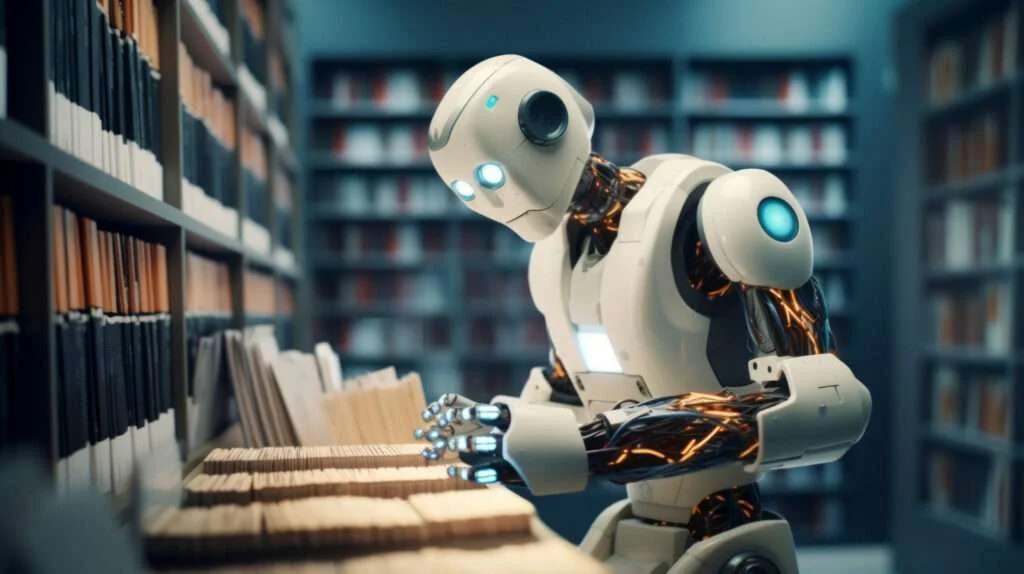

How to Hire App Developer Agency for Mobile Development?
